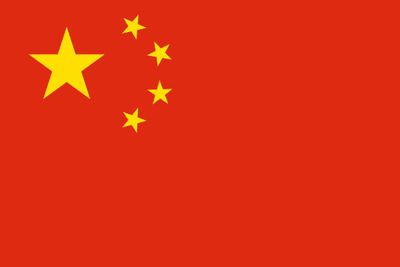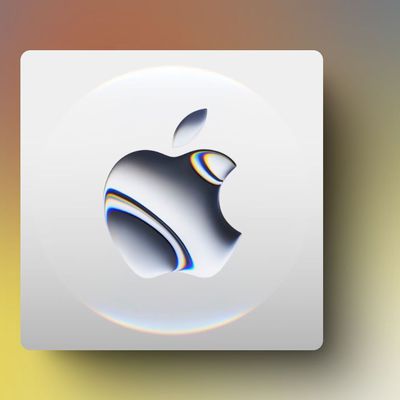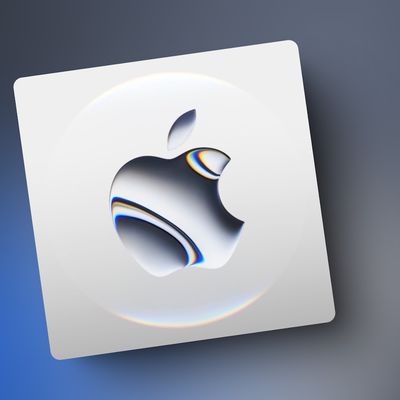Last week, the iTunes Movies and iBooks stores mysteriously went down in China. A new New York Times report says the stores were forced down by the Chinese State Administration of Press, Publication, Radio, Film and Television.

Initially, Apple apparently had the government’s approval to introduce the services. But then a regulator, the State Administration of Press, Publication, Radio, Film and Television, asserted its authority and demanded the closings, according to two people who spoke on the condition of anonymity.
An Apple spokeswoman said the company "hoped to make books and movies available again to our customers in China as soon as possible." The store closures come six months after they were launched alongside Apple Music in the country.
Compared to other tech companies, Apple has had success in launching new ventures in the China. Most recently, Apple launched Apple Pay in the country in partnership with UnionPay, China's state-run interbank network.
After the shutdown of the two stores, China's President Xi Jinping conducted a meeting on China's restrictive internet policies with Alibaba's Jack Ma, Huawei's Ren Zhengfei and other tech leaders in the country, according to The NYT. Daniel H. Rosen, a founding partner at Rhodium Group, a firm that specializes in the Chinese economy, tells The New York Times that China has an interest in promoting Chinese tech companies while attempting to reduce the impact of foreign tech giants like Apple in the country.
Apple is one of eight companies that China has targeted for being "too deeply established in the country's core industries" according to The New York Times. Other companies on China's list include IBM, Qualcomm and Microsoft. Earlier today it was reported that local Chinese handset makers like Huawei faced inventory losses and squeezed market share following the launch of the iPhone SE.
Apple has worked to grow its business in China, now its second biggest market, spending several years in negotiations with China Mobile, the country's largest carrier, to bring the iPhone to its 700 million customers. The two agreed to a deal in 2013. Tim Cook has also made several visits to the country, with Apple also planning to expand its retail efforts.
Last November, when asked whether Apple had run into censorship problems in China, Eddy Cue said that the company had a "great working relationship" with China and that the launch of Apple Music and the iTunes Movies and iBooks stores showed that Apple knew how to work in the country.
4/22 update: The Hong Kong-based South China Morning Post has linked the store closures to the release of controversial independent movie Ten Years, which won best picture prize at this month’s Hong Kong Film Awards, despite being banned in China. News of the store closures broke shortly before the movie became available on iTunes in Hong Kong. The dystopian film imagines Hong Kong in 2025 with language police, mini Red Guards, radical protest and social alienation rife.
Note: Due to the political nature of the discussion regarding this topic, the discussion thread is located in our Politics, Religion, Social Issues forum. All forum members and site visitors are welcome to read and follow the thread, but posting is limited to forum members with at least 100 posts.




















